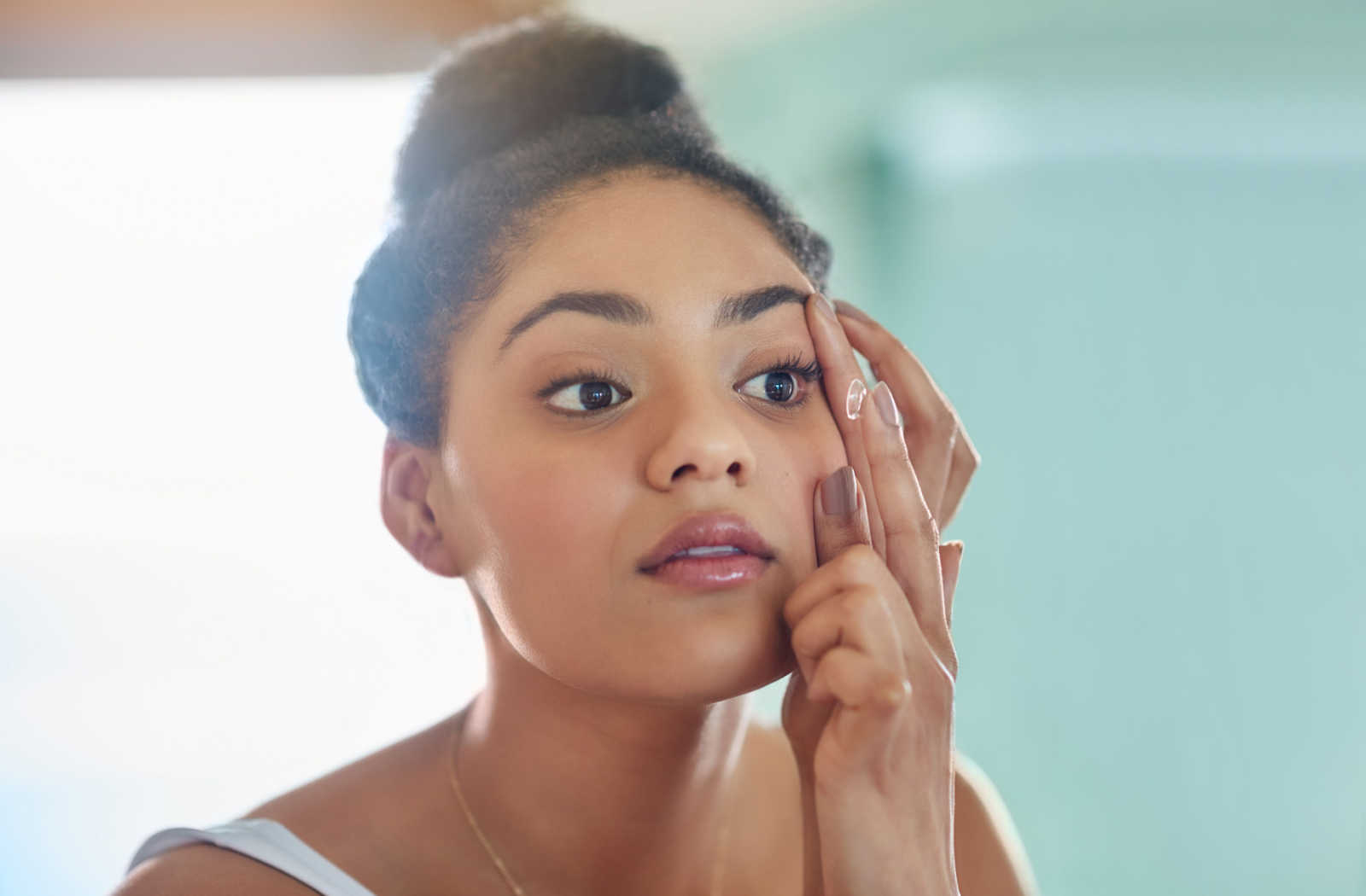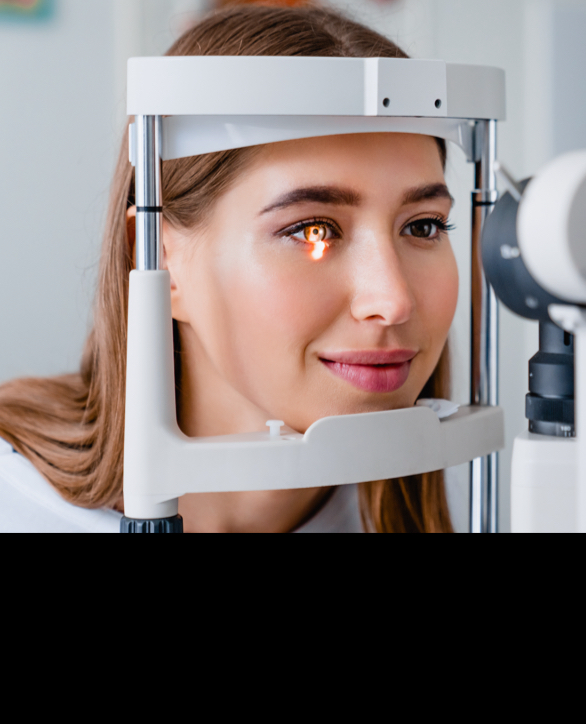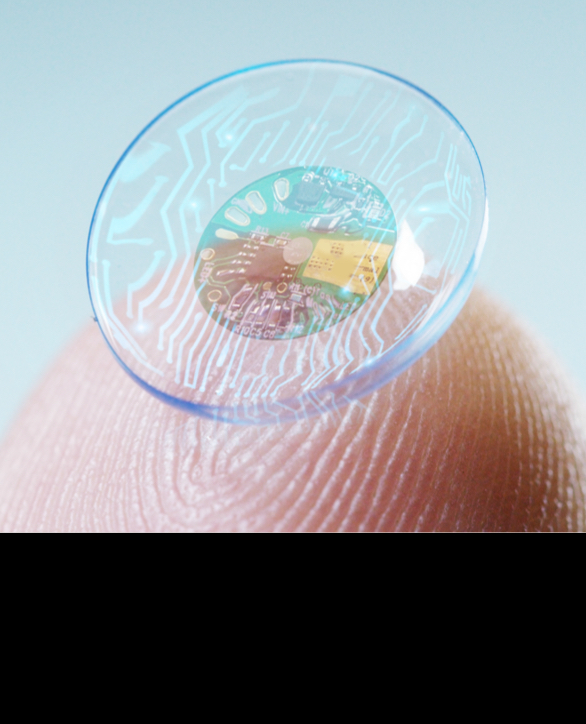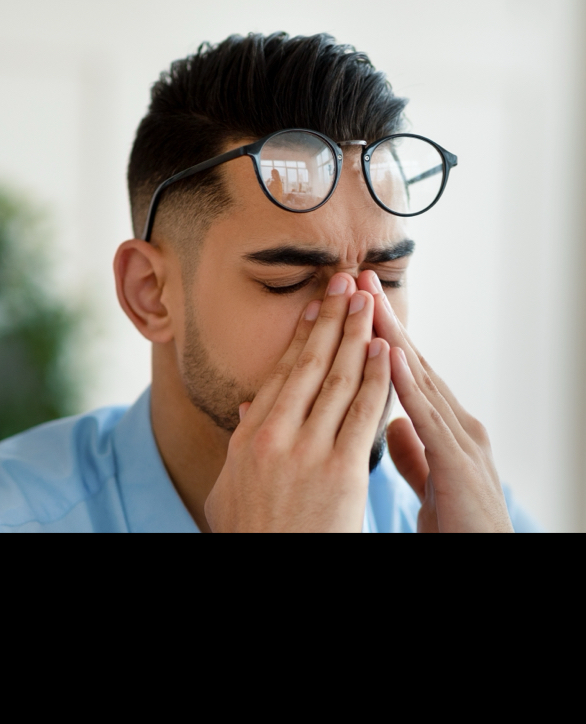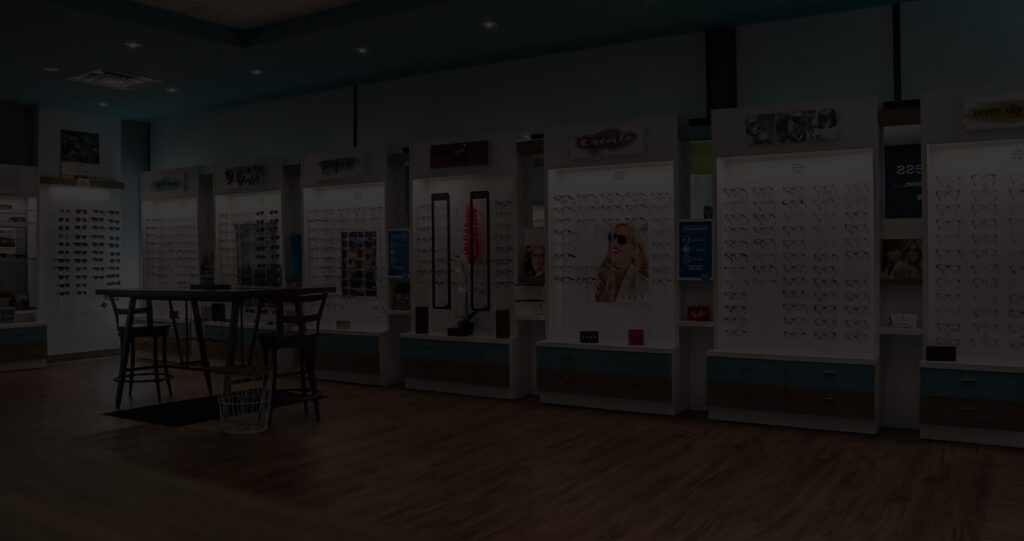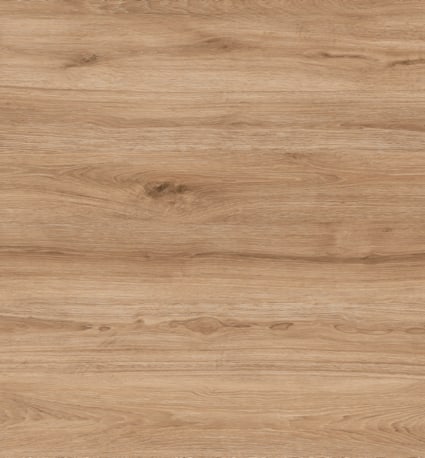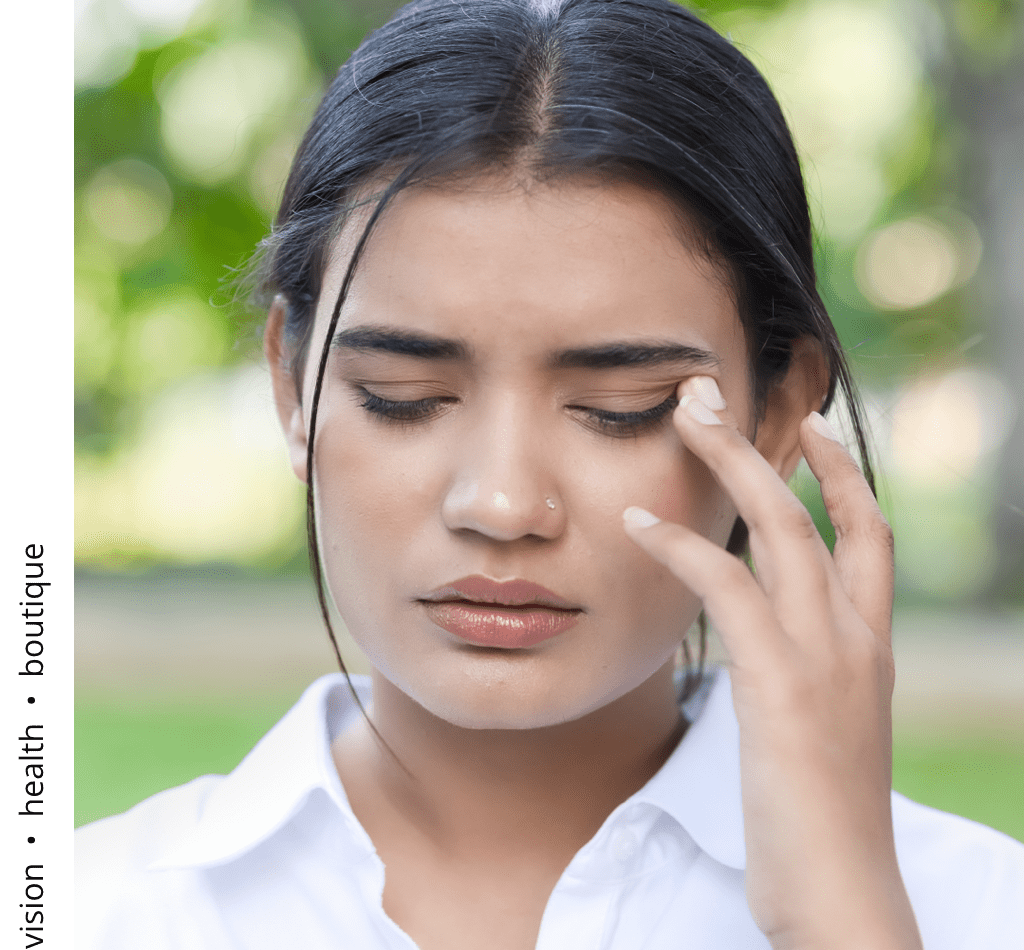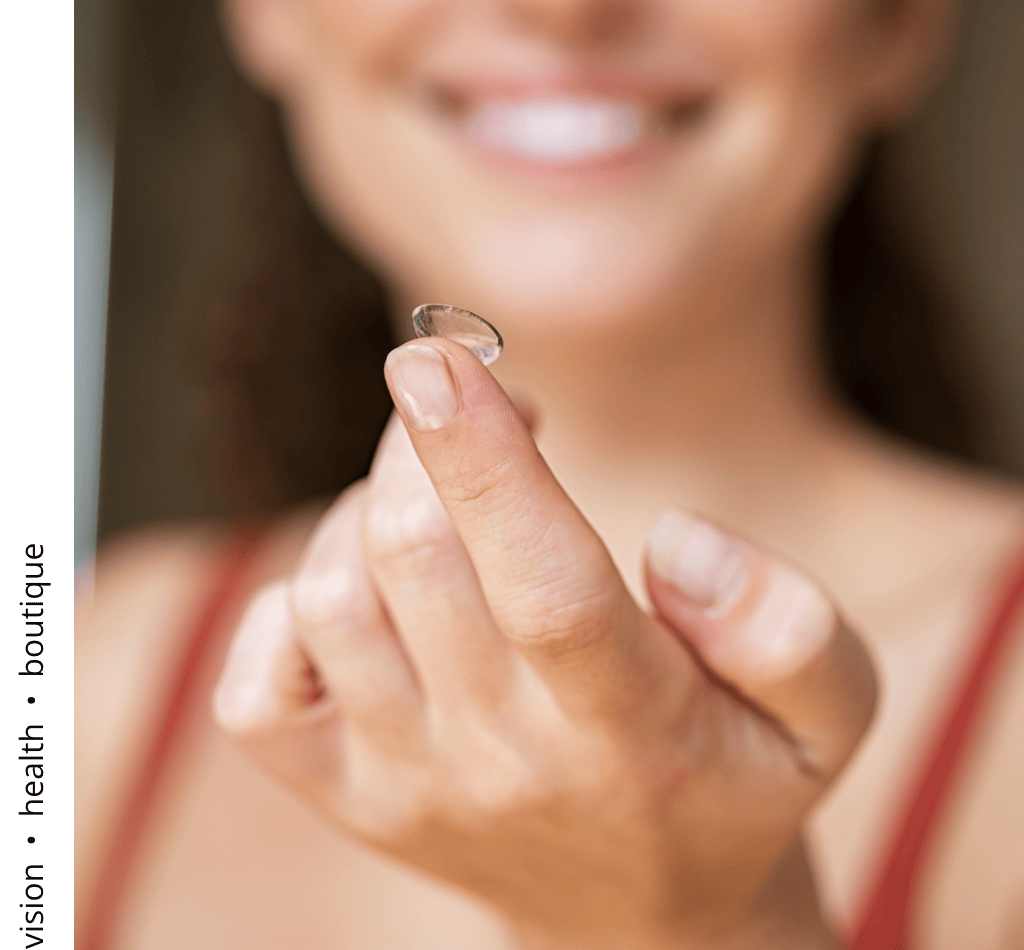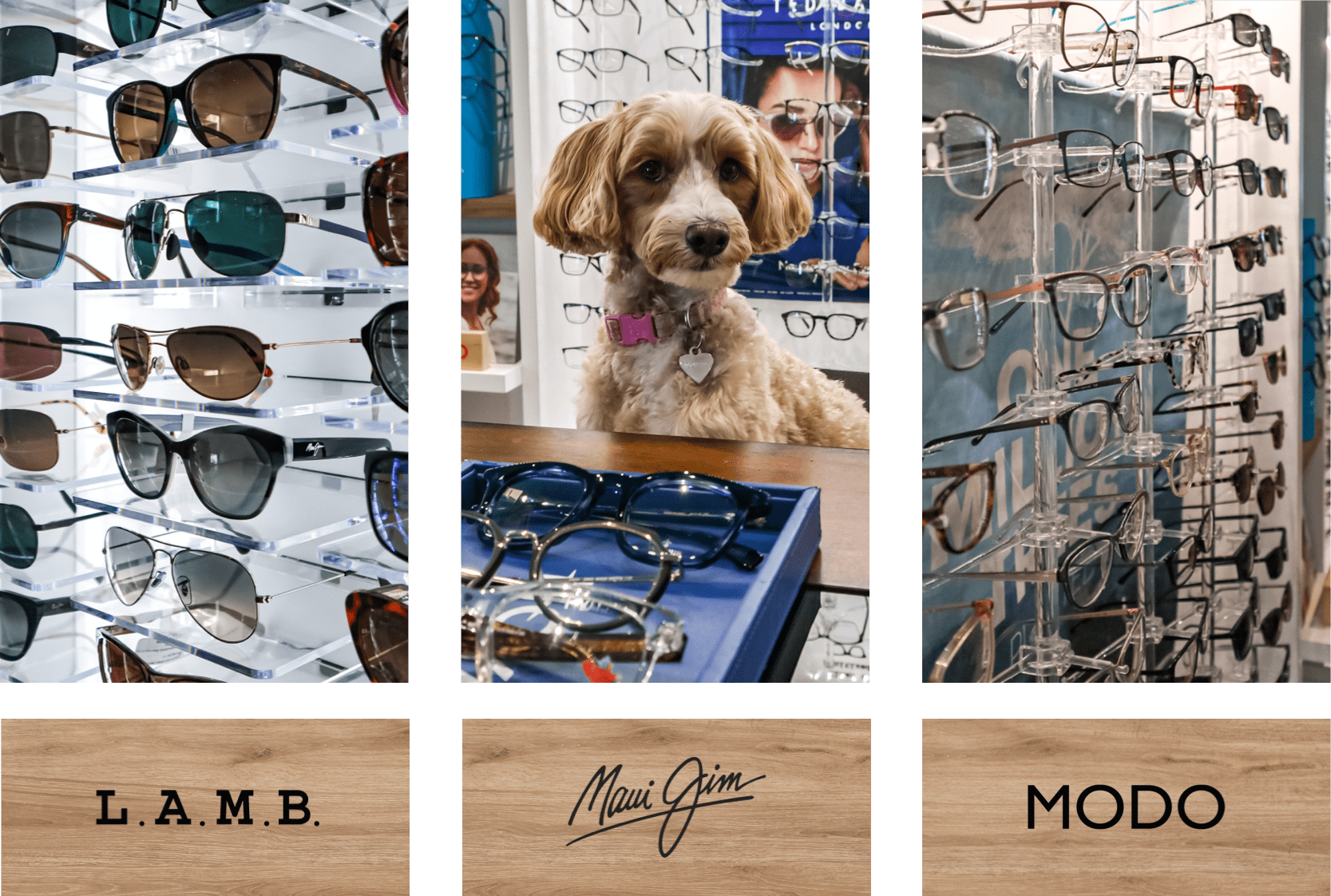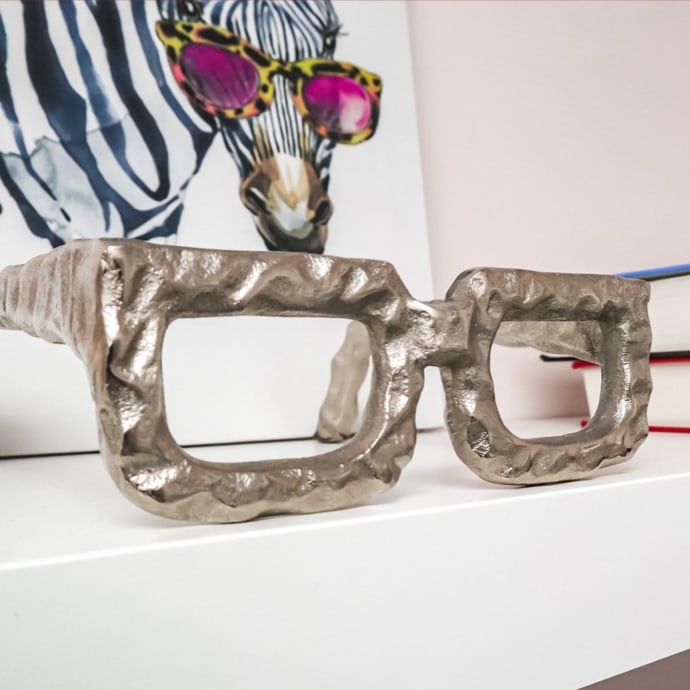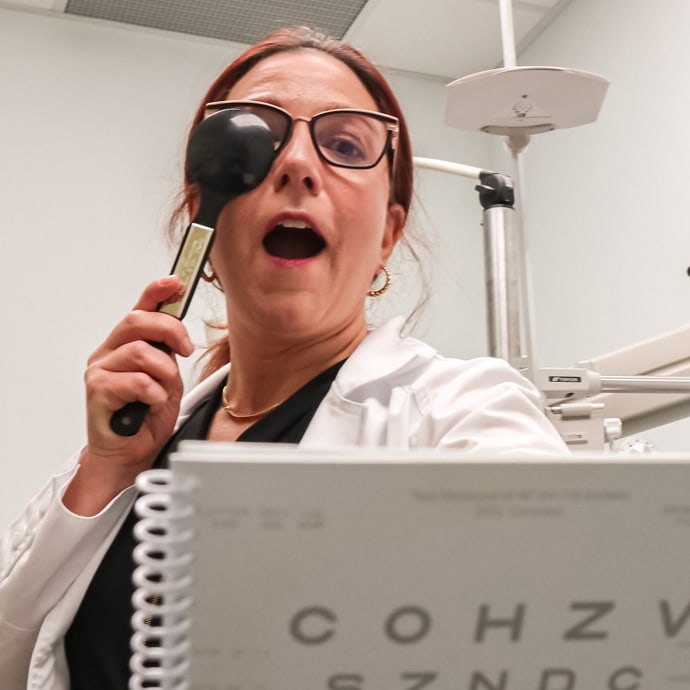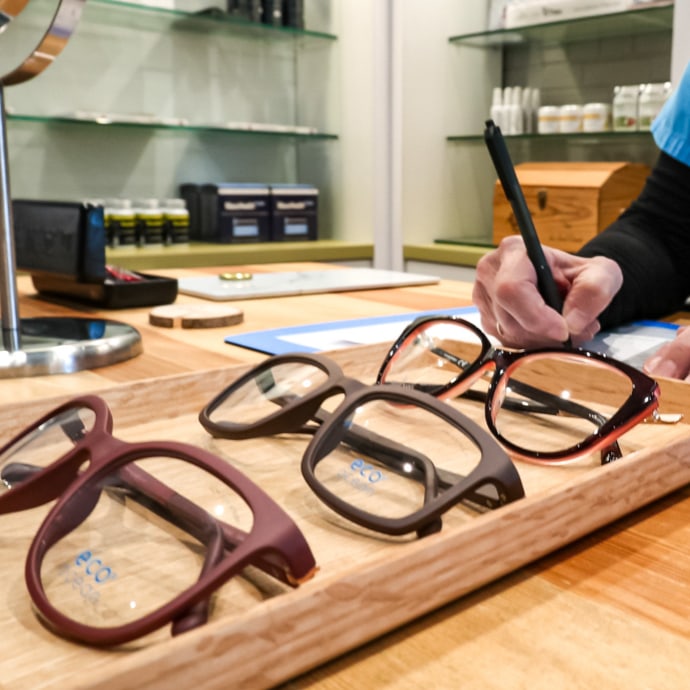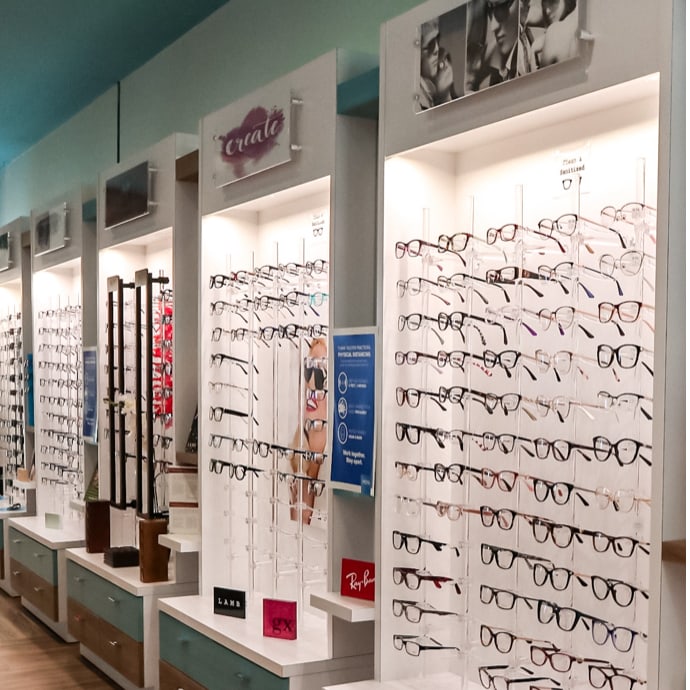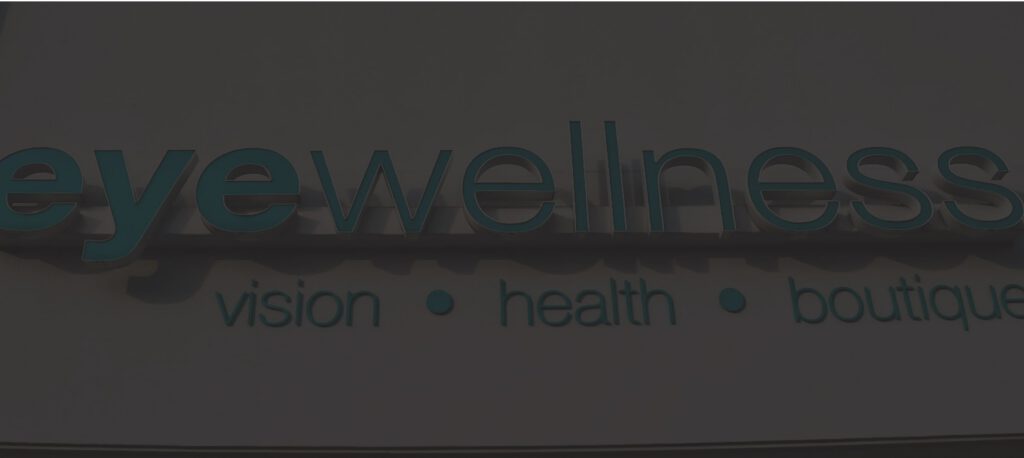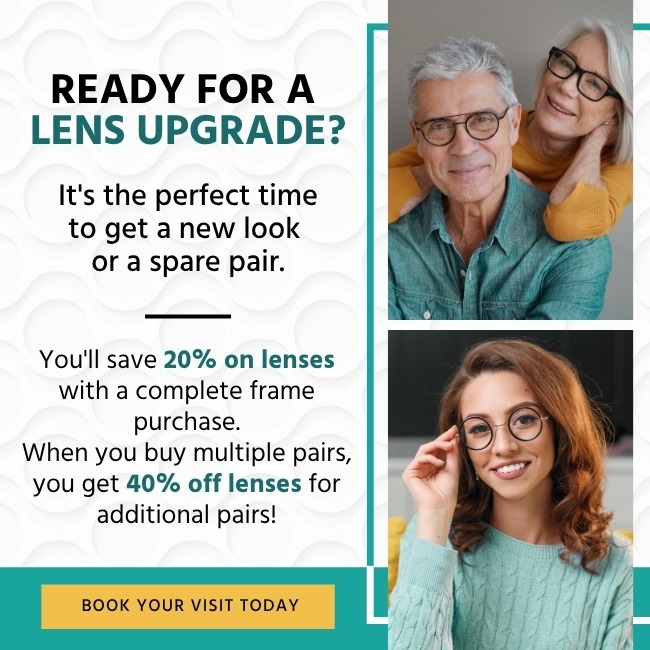If you have dry eye, you may have noticed that contact lenses can make your dry eye symptoms worse. This doesn’t always have to be the case, however.
Soft contact lenses, daily disposables, and scleral lenses are all contact lens options for dry eye duffers. With the right advice and the right contact lenses, you can see clearly and comfortably all day, even if you have dry eye. Speak with the eye doctors at Eye Wellness in Niagara Falls.
Contact Lenses & Dry Eyes
Dry eyes are an uncomfortable but common occurrence for many people, whether they wear contact lenses or not. Unfortunately in some people, their contact lenses can exacerbate the condition.
The symptom of itchy, dry eyes is generally the result of corneal irritation. Typically this happens when the body does not produce enough or good quality tears to ensure that the eye remains moisturized and comfortable.
This can happen for many reasons, including aging, autoimmune diseases, and other medical conditions, or as a result of side effects of certain medications like hormonal birth control or antidepressants.
In the case of contact lenses, the lenses can desensitize the nerve that leads to the cornea, leading to interpretation of what is called the blink feedback loop and therefore lower tear production. The result is itchy, dry eyes.
Check for Serious Causes
If you are suffering from dry eyes while wearing contact lenses, the first thing that you should do is to have a comprehensive eye exam performed to check for any serious issues.
While it may be that your contact lenses are fine and you just need a little addition of eye drops to calm your dry eye symptoms, it is also possible that there is a much more serious issue causing your symptoms to appear. Even a different type of contact lenses may not help without addressing these potential dry eye causes if they are present.
Some of these conditions include:
- Aqueous tear deficiency
- Meibomian gland dysfunction
- Diabetes
- Delayed tear clearance
- Blepharitis (Inflation of the eyelids)
- Sjögren’s Syndrome (Autoimmune disorder)
- Lupus
- Lacrimal gland dysfunction
- Lagophthalmos (Inability to fully close eyes, like when sleeping)
Your optometrist will be able to determine if these or other issues are contributing to dry eye.
Types of Contact Lenses for Dry Eyes
There is no one type of contact lenses that work for dry eye. Instead, your optometrist will likely recommend one of the lens types below.
Soft Contact Lenses
Unless you have severe dry eye, your optometrist will probably recommend some type of soft contact lenses. Soft contacts are the most common type and tend to be the most comfortable.
Almost half of all contact lenses are made of silicone hydrogel, a type of soft contact lens. Silicone hydrogel helps minimize redness, dryness, swelling of the cornea, and corneal infections.
Daily Disposables
In many cases, build-up on contact lenses can contribute to dry eye. Things like makeup, oils, and other substances can collect over time and cause irritation.
With daily disposable contact lenses, you wear a fresh pair of contacts every day, eliminating the possibility of buildup. It also means you don’t have to worry about overnight storage of contact lenses, making daily disposables easier to care for.
Scleral Lenses
Scleral lenses are the main type of hard contact lenses that will be recommended if you have severe dry eye. These are designed in such a way that they don’t touch the cornea, avoiding any possible irritation and nerve desensitization, which is one cause of dry eyes related to contact lens wear.
As per their name, these lenses rest on the sclera (white part) of the eyeball and reach over the cornea itself. The inside of the lens is also filled with fluid which further protects the cornea from any irritation and hydrates the eyes.

Other Considerations
On top of this, some other factors to keep in mind when choosing contacts for dry eye are:
- Properly fitting: Seeing your optometrist for a contact lens fitting ensures your contacts will fit your eyes and be as comfortable as possible.
- Low water content: It might sound counter-intuitive, but contacts with a lower water content can help reduce dry eye.
- High oxygen permeability: Contact lenses with higher oxygen permeability allow oxygen in while sealing in moisture.
What Are the Best Contact Lenses for Dry Eye?
Looking for relief from dry eyes? The good news is that if you wear contact lenses and suffer from dry eyes, there is help available. Your optometrist will be able to evaluate your lifestyle, your vision needs, and your dry eye at a contact lens fitting.
And if your current contact lenses aren’t working, don’t be afraid to contact your optometrist. They will be able to recommend another contact lens for you to try.


